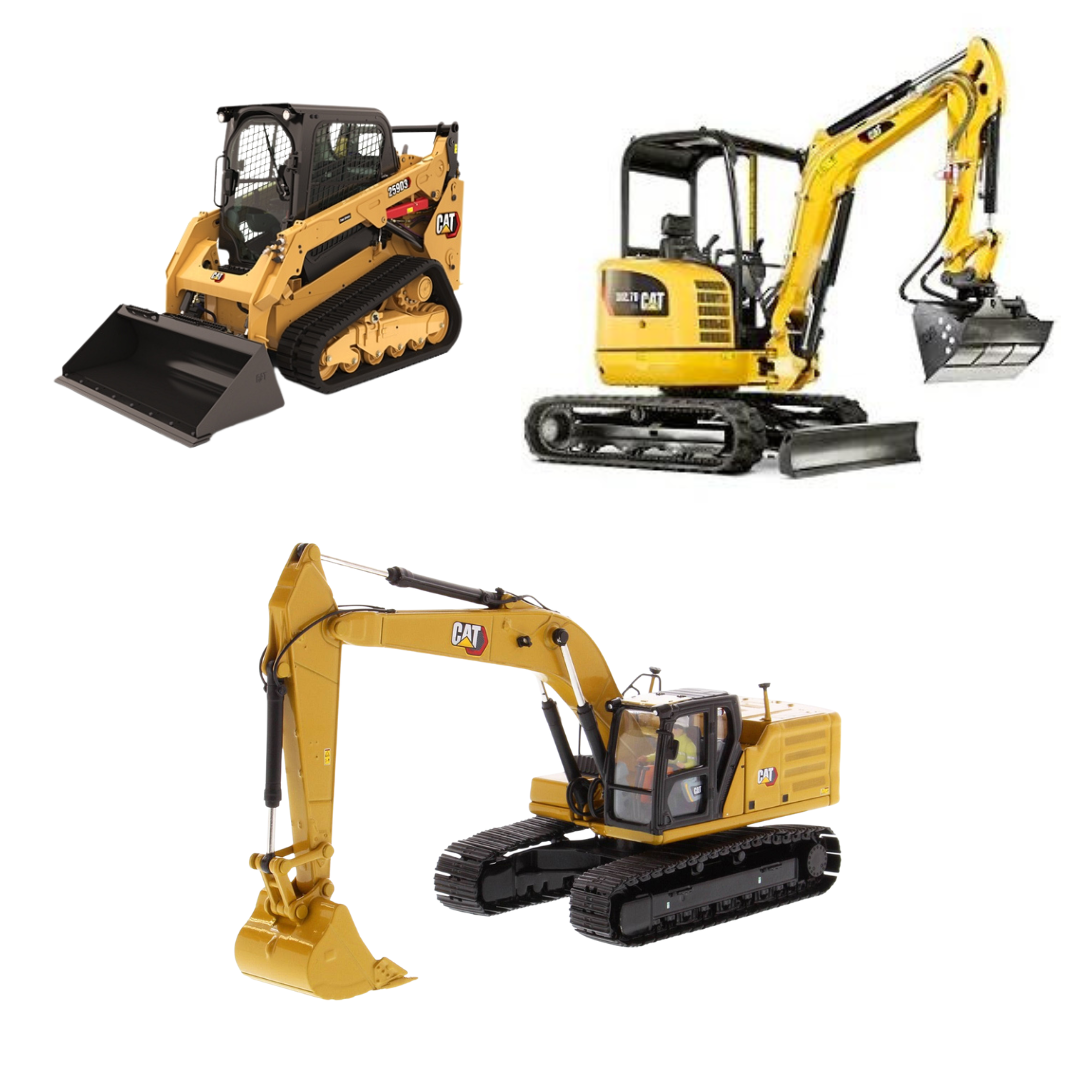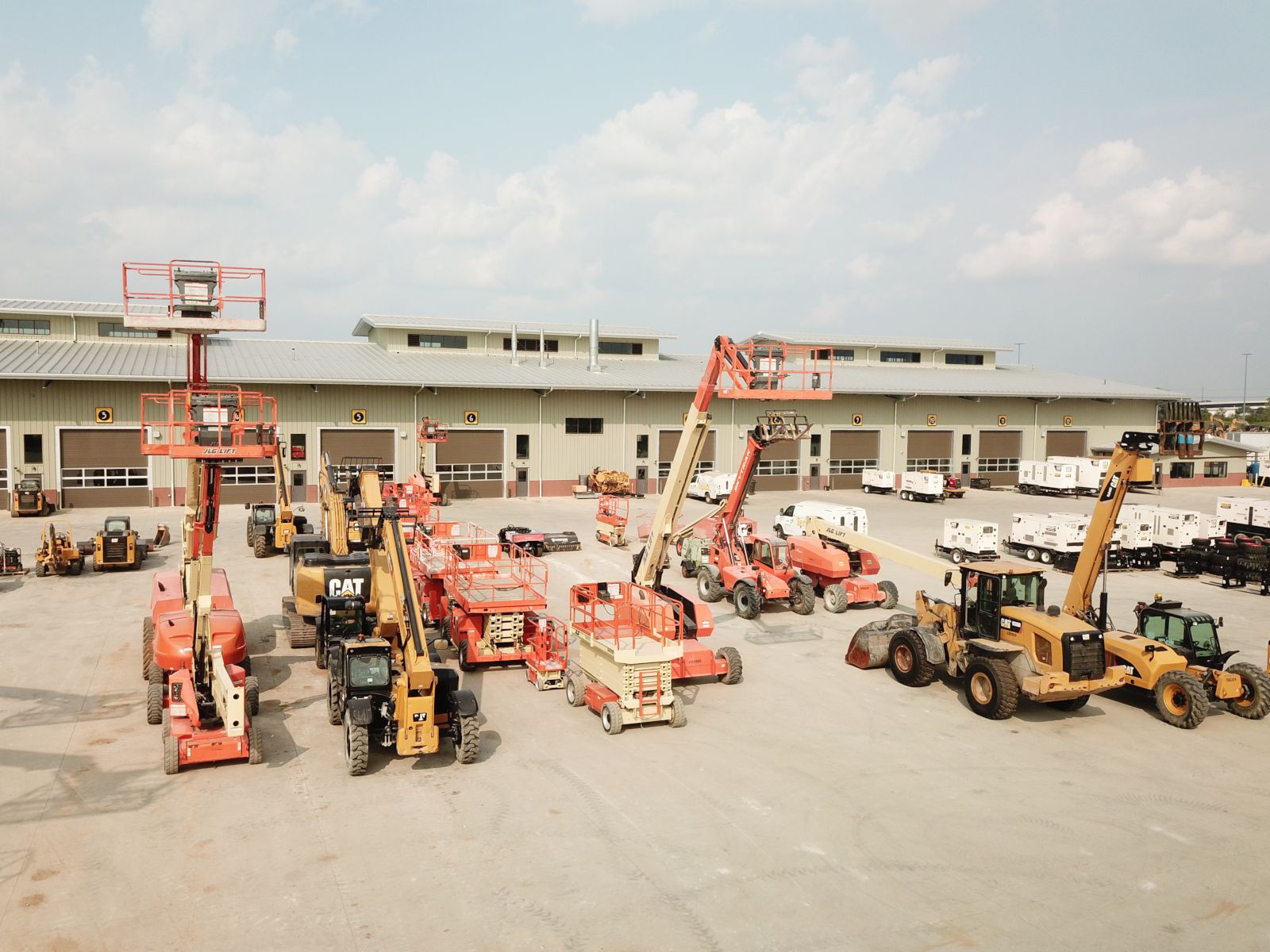Forklift Rental: Heavy Training Equipment for Warehousing and Extra
Forklift Rental: Heavy Training Equipment for Warehousing and Extra
Blog Article
Maximize Your Spending Plan by Understanding the Expenses Connected With Construction Tools Services
Understanding the full range of expenses linked with building and construction equipment services is important for maximizing your spending plan. What approaches can be used to efficiently take care of these expenses and ensure an extra reliable rental experience?
Summary of Rental Prices
When considering building tools services, understanding the linked prices is vital for efficient budgeting and job preparation. Rental prices can vary dramatically based on numerous aspects, consisting of equipment type, period of service, and location. The first rental cost frequently shows the tools's market demand and its connected functional abilities, affecting the total expense.
In addition to the base rental price, ancillary costs might emerge, such as transportation fees, gas surcharges, and upkeep fees. It is necessary to make up these additional costs to accurately examine the total cost of leasing tools. The rental period can impact prices; longer leasings might qualify for reduced prices, while short-term services may incur higher everyday charges.

Malfunction of Rental Prices
A thorough understanding of rental rates is important for contractors and job supervisors aiming to optimize their spending plans. Rental prices for construction equipment generally are composed of several elements, consisting of base rates, time-based costs, and use fees.
Base rates are the core fees linked with the service of the devices, usually figured out by the kind and size of the machinery. These prices can vary considerably, influenced by variables such as equipment need, accessibility, and regional market patterns. Time-based costs, which may be daily, weekly, or monthly, offer to fit different project timelines and rental durations.
In addition, rental rates may consist of use charges, which are suitable when equipment is utilized beyond a specified limit, making sure that the rental company can represent deterioration. Seasonal need changes can likewise affect rental rates, with peak building periods normally commanding higher prices.
Additionally, comprehending the rental business's policies pertaining to upkeep and insurance can supply further insight into the overall expense structure. By analyzing these parts, contractors can make enlightened choices, making sure the selection of rental tools lines up with both job requirements and spending plan restrictions.
Extra Costs to Consider
Comprehending the complexities of additional costs is vital for professionals to manage their overall leasing costs efficiently. Past the common rental prices, numerous auxiliary charges can considerably influence the complete expense of equipment service. These costs usually include delivery and pickup costs, which can differ based on distance and logistics associated with moving the tools to and from the task site.
Additionally, some rental firms may impose fuel surcharges if the tools is returned with a knockout post much less gas than when rented. It is likewise vital to understand possible cleansing costs, specifically for specialized devices that needs complete upkeep after usage.

Completely examining the rental arrangement and making clear these additional costs upfront can aid professionals guarantee and stay clear of unexpected prices that spending plans stay intact throughout the task lifecycle.
Upkeep and Fixing Costs
Regular repair and maintenance expenditures are typically ignored elements that can substantially affect the total price of building equipment services. When renting out tools, it is important to think about not just the rental fees yet likewise the possible expenses associated with maintaining the machinery in optimal operating condition.
Lots of rental firms consist of standard maintenance as component of the rental contract; nevertheless, a lot more unanticipated break downs or comprehensive repair services can result in added expenses. It's necessary to assess the rental agreement carefully to understand what upkeep services are covered and what duties drop click here to find out more on the occupant.
Furthermore, devices that is not properly maintained can bring about ineffectiveness on duty website, possibly triggering delays and enhancing task expenses. To reduce these threats, it is suggested to perform routine evaluations and preserve open interaction with the rental supplier relating to any problems that develop throughout usage.
Insurance Coverage and Obligation Prices
Insurance and responsibility expenses are vital parts that can dramatically impact the overall expenditure of construction devices leasings (mini excavator rental). These prices guarantee that both the rental company and the customer are shielded from potential financial losses developing from mishaps, damages, or burglary during the rental duration

Furthermore, customers must recognize any kind of deductibles or exclusions in the insurance coverage plan, as these can affect possible out-of-pocket costs. Comprehending the terms of any kind of insurance protection is essential to stay clear of unanticipated expenses. Ultimately, budgeting for insurance and responsibility expenditures can assist guarantee a smoother rental experience and protect versus monetary threats related to building tasks.
Verdict
In conclusion, a thorough understanding of the prices linked with building devices leasings is vital for effective spending plan monitoring. Inevitably, notified decision-making concerning devices rentals adds to the general success of construction undertakings.
Rental costs can differ significantly based on several variables, including equipment kind, period of rental, and area (rental company near me). The rental duration can influence pricing; longer rentals might qualify for reduced rates, while short-term leasings may incur greater day-to-day charges
By performing comprehensive research and involving with trusted rental firms, specialists can successfully browse the intricacies of rental prices, inevitably maximizing their financial resources.
Past the standard rental rates, numerous extra charges can dramatically impact the total expense of tools service. Rental business commonly give responsibility insurance that covers injuries to third parties or damage to residential or commercial property, while tools damage insurance can cover the expense of fixings or replacement if the leased tools is damaged.
Report this page